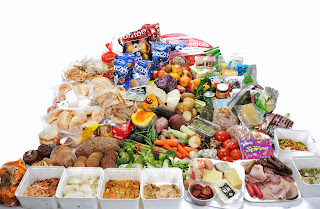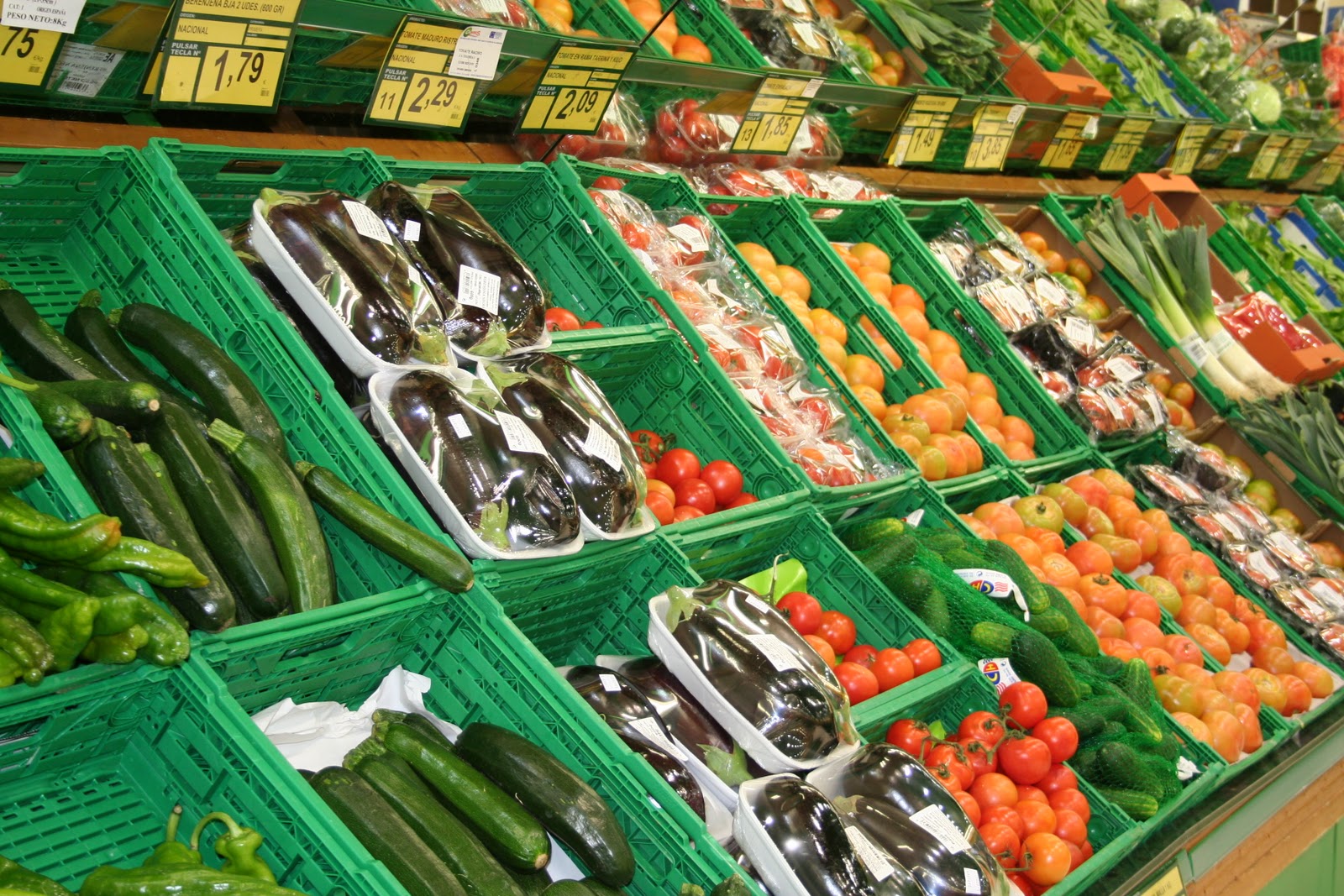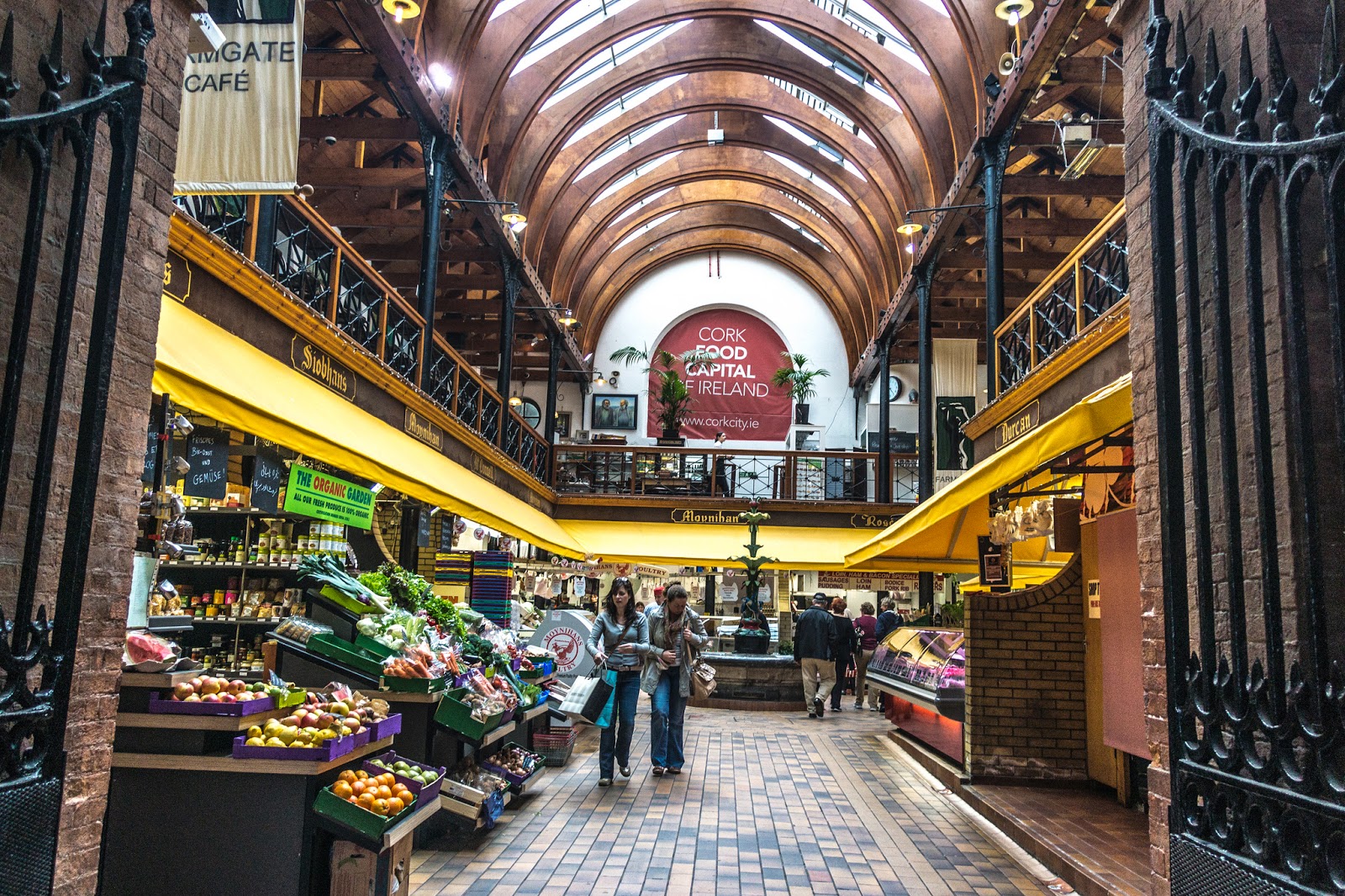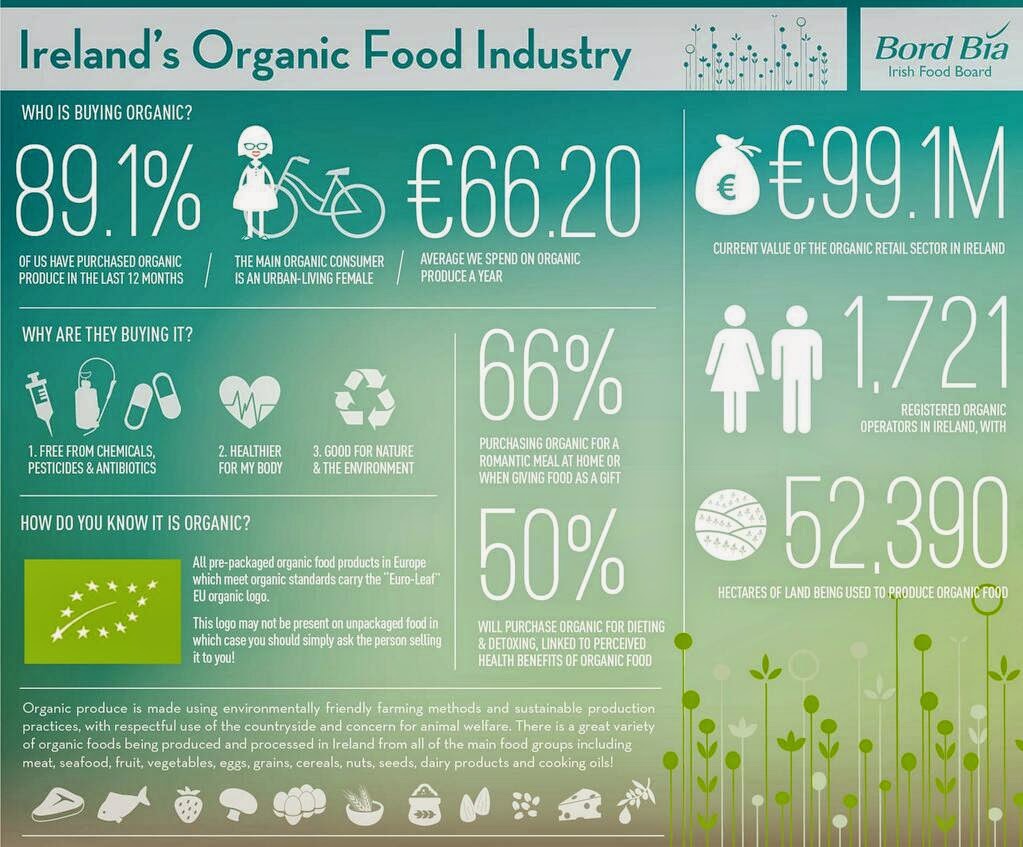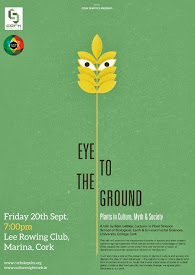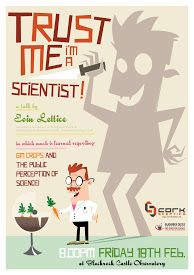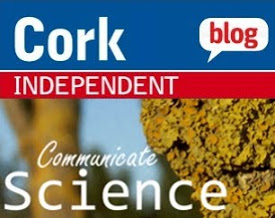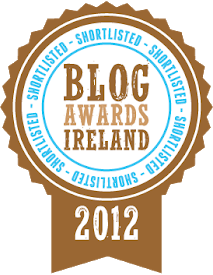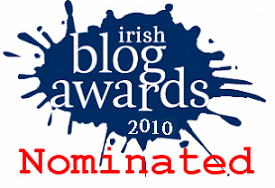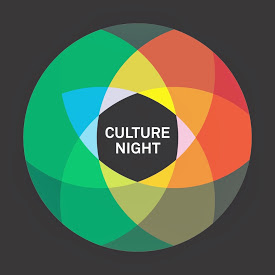Dealing with Food Waste
Recent reports that Irish people are wasting one million
tonnes of food give us, as the old idiom goes, food for thought.
According to some reports, this translates into 2 billion
meals and around€1 billion worth of food. At a time when some of our citizens
struggle to put food on their table, this is a worrying statistic. The figures
also represent bad news for our environment and indicate a food production
system under pressure.
Ireland is not alone in our wastage of food. A 2013 UK study
suggested that, worldwide, between 30 and 50% of all food produced never
reaches a human mouth. That amounts to about 1.3 billion tonnes of food wasted
every year on the planet, with losses in developing countries mostly down to
inefficient growing and harvesting. In developed countries, like Ireland,
consumer waste is a huge issue. Put in monetary terms, $1 trillion worth of
food is wasted every year, according to the UN Food and Agriculture
Organisation.
Up to 30% of the UK and Ireland’s vegetable crops are never
harvested due to changing, and some might argue, unreasonable demands from the
big supermarkets. This is very slowly changing. Under pressure from consumers
and activists, some supermarkets have introduced ranges of fruit and vegetables
which are perfectly edible but aren’t the perfect shape or size that is
normally demanded. These “ugly” or “wonky” fruit and vegetables are a step in
the right direction but represent just a drop in the ocean compared to the
amount of produce that is destroyed each year because it doesn’t meet retail
guidelines.
So, think about that loaf of bread that you forgot about in
the back of the cupboard and had to put in the bin after a few weeks. The first
thing you should reflect on is that you really should clean your cupboards out
more often. After that, it’s worth remembering that it’s not only the loaf of
bread you’re putting in the bin. You’re also wasting all of the energy, water
and other resources which went in to producing that loaf.
From start to finish, from field to bakery to supermarket
shelf, a 1kg loaf of bread takes about 1,600 litres of water to produce.
Agriculture is thirsty work.
If you choose to add some roast beef to your bread it gets
even worse: 1kg of beef takes 15,000 litres of water to produce. And that’s
just one resource. You’ve also got to factor in the land, energy, fertilisers
and pesticides it took to produce these foodstuffs that are ending up in the
bin. Food waste is unsustainable.
About 9 billion people will live on this planet in 2050. According
to the United Nations, we have enough food already to feed that many people if
it was more fairly and less-wastefully distributed. With advances in agricultural
technology, plant breeding and plant protection products, we are getting better
at producing higher yields on the same amount of land.
Energy is another limiting factor for food production,
especially in light of obligations to curb climate change. For every calorie of
plant-based food, it costs around 3 calories worth of energy to produce.
However for every calorie of beef produced it costs 35 calories. When most of
this energy comes from non-renewable resources like fossil fuels, meat (and
dairy) consumption starts to look unsustainable on a global scale.
At the recent COP21 meeting in Paris, it was estimated that
around a quarter of all greenhouse gas emissions globally come from
agriculture. So, agriculture is a cause of global climate change but it is also
a victim of it. Changes in weather patterns, temperature and rainfall will
increasingly dictate what kinds of crops will be grown where. Agriculture will
be forced to change if it doesn’t do so voluntarily. This is an opportunity for
Ireland to lead global change to a more sustainable model of food production.
In fairness, the issue of food waste is being taken
seriously at the highest level. One of the results of the COP21 talks has been
the establishment by the G20 group of countries of a Technical Platform to
measure and reduce food loss and waste. Recently, the Rockefeller Foundation
has pledged $130 million to help sub-Saharan African farmers to improve their
harvesting, storage and food transportation systems.
More locally, organisations like FoodCloud and the Bia Food
initiative are finding innovative ways to connect companies with food at risk
of becoming waste with charities who can use such food to fight hunger. Meanwhile,
in Denmark a charity has just opened a supermarket stocking exclusively
‘surplus’ food. There is no doubt that for business, the issue of food waste
has become an image problem and an opportunity to engage with society to
develop novel solutions.
If all of that doesn’t convince you to waste less food, it’s
worth pointing out that the Environmental Protection Agency reckons the average
Irish household throws away about €700 worth of food every year. We bin 50% of
all the salad we buy. 25% of all fruit and vegetable that we buy are thrown
away (with potatoes and bananas being main culprits). 20% of bread and 10% of
meat and fish is also dumped in homes up and down the country.
A small amount of food waste in unavoidable and food safety
is an important issue. However, we all have an obligation to drastically reduce
the levels of food waste if we are to develop a fairer, more sustainable
society.
Dr Eoin Lettice is a
plant scientist and lecturer at the School of Biological, Earth and
Environmental Sciences at University College Cork. This article originally appeared in the Evening Echo.

